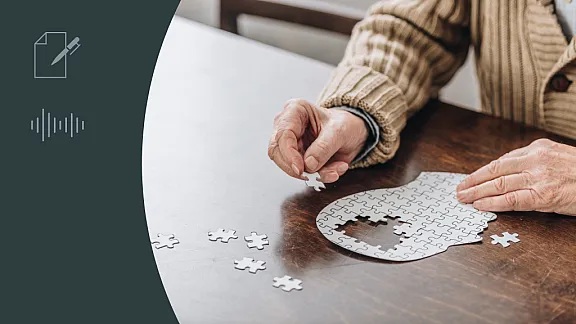Altruism stands as a powerful testament to our shared humanity in today’s fast-paced world. Beyond offering immediate relief to those in need, altruism also profoundly shapes the psychological landscape of both givers and receivers. By understanding the psychological benefits of helping others, we illuminate our innate social nature and emphasize the lasting rewards of acts of kindness.
Exploring the science behind altruism reveals a rich interplay of neurochemical responses and psychological outcomes. From releasing mood-boosting chemicals to activating brain regions tied to empathy and reward, our brains are wired to find deep satisfaction in helping behaviors. These biological mechanisms not only enhance overall mood, reduce stress levels, and nurture a sense of fulfillment but also foster a greater sense of purpose in our day-to-day lives. Moreover, altruism strengthens social bonds by forging meaningful connections and cultivating supportive relationships. It stands as a cornerstone of community well-being, promoting solidarity and collective resilience in the face of challenges. Engaging in acts of kindness not only improves individual mental health but also contributes to a broader culture of compassion and empathy.
This article delves into the multifaceted psychological benefits of helping others. From boosting physical and mental health to fostering community cohesion and inspiring positive change, each act of benevolence reverberates far beyond its immediate context. By exploring these dimensions, we illuminate the transformative power of altruistic behaviour and underscore its essential role in fostering a healthier, more connected society.










